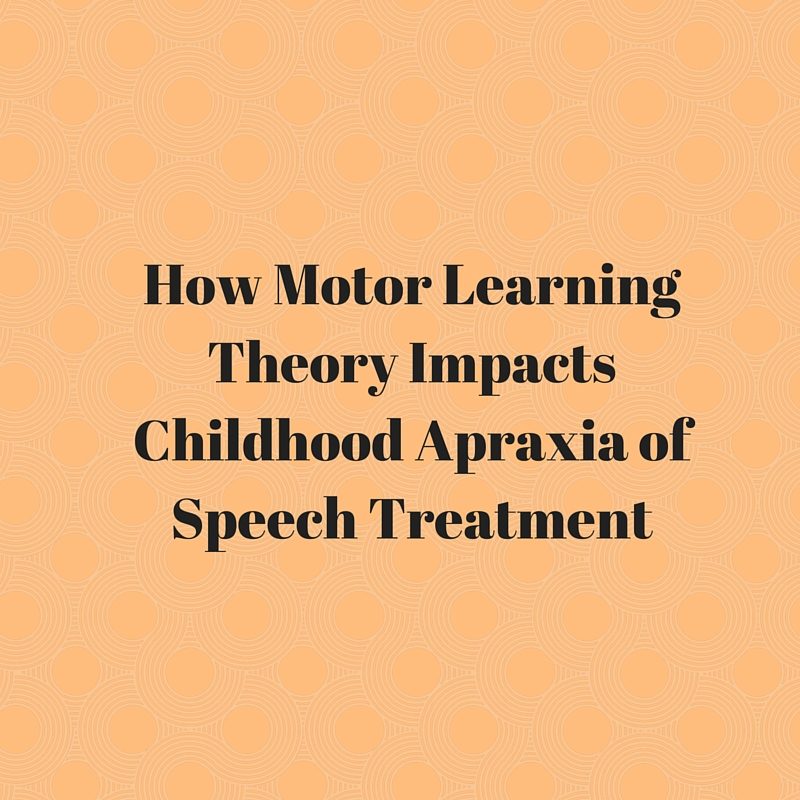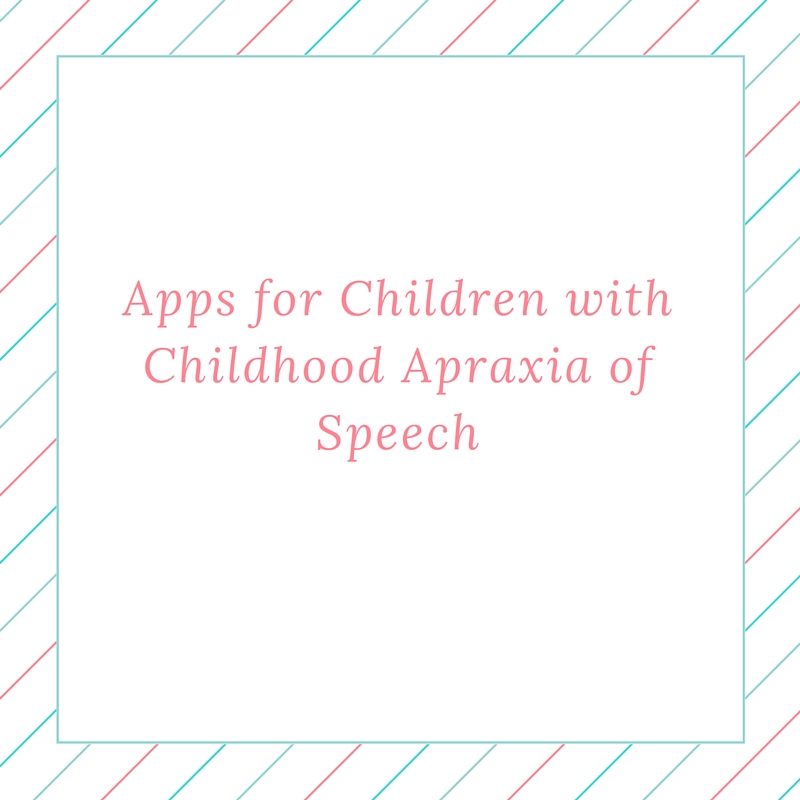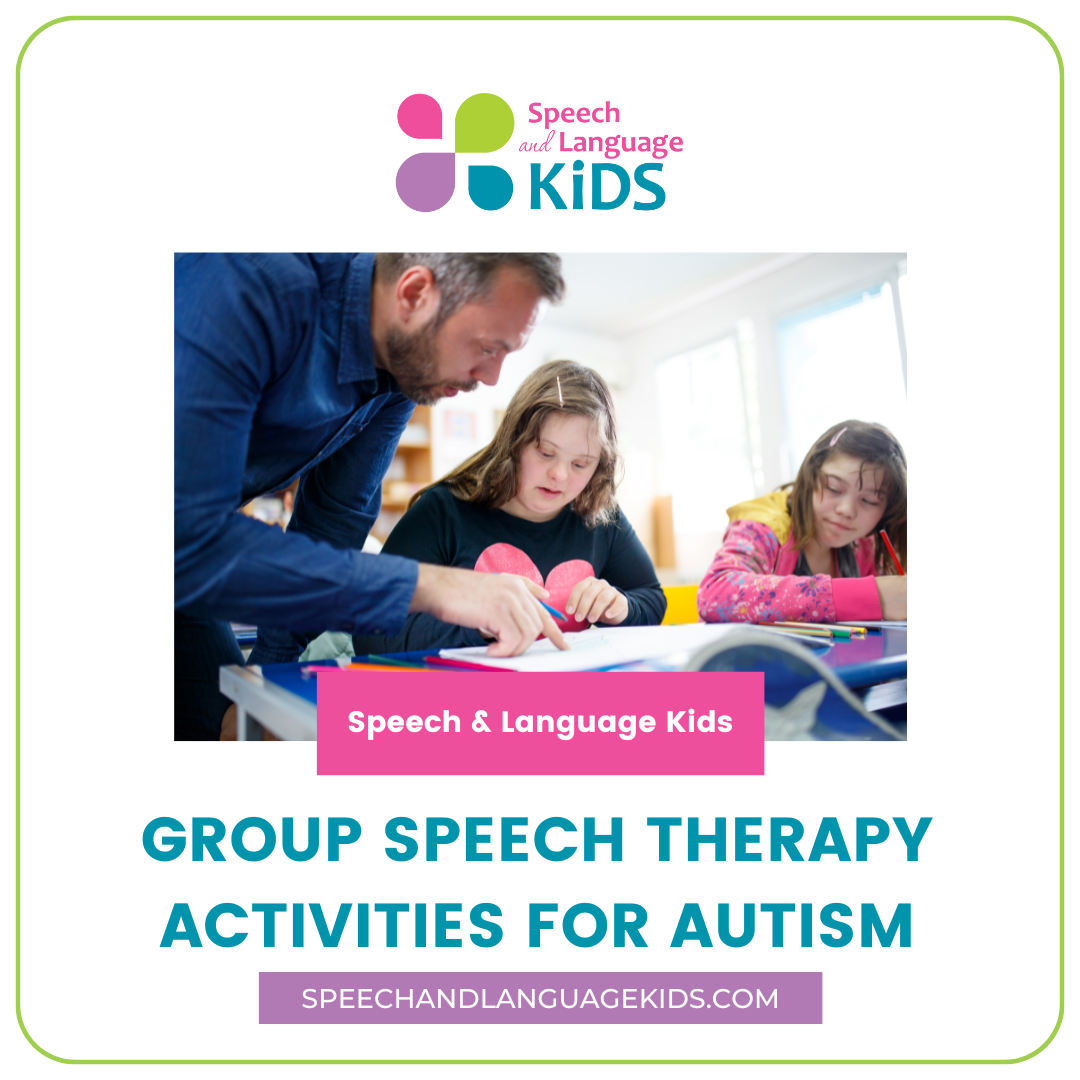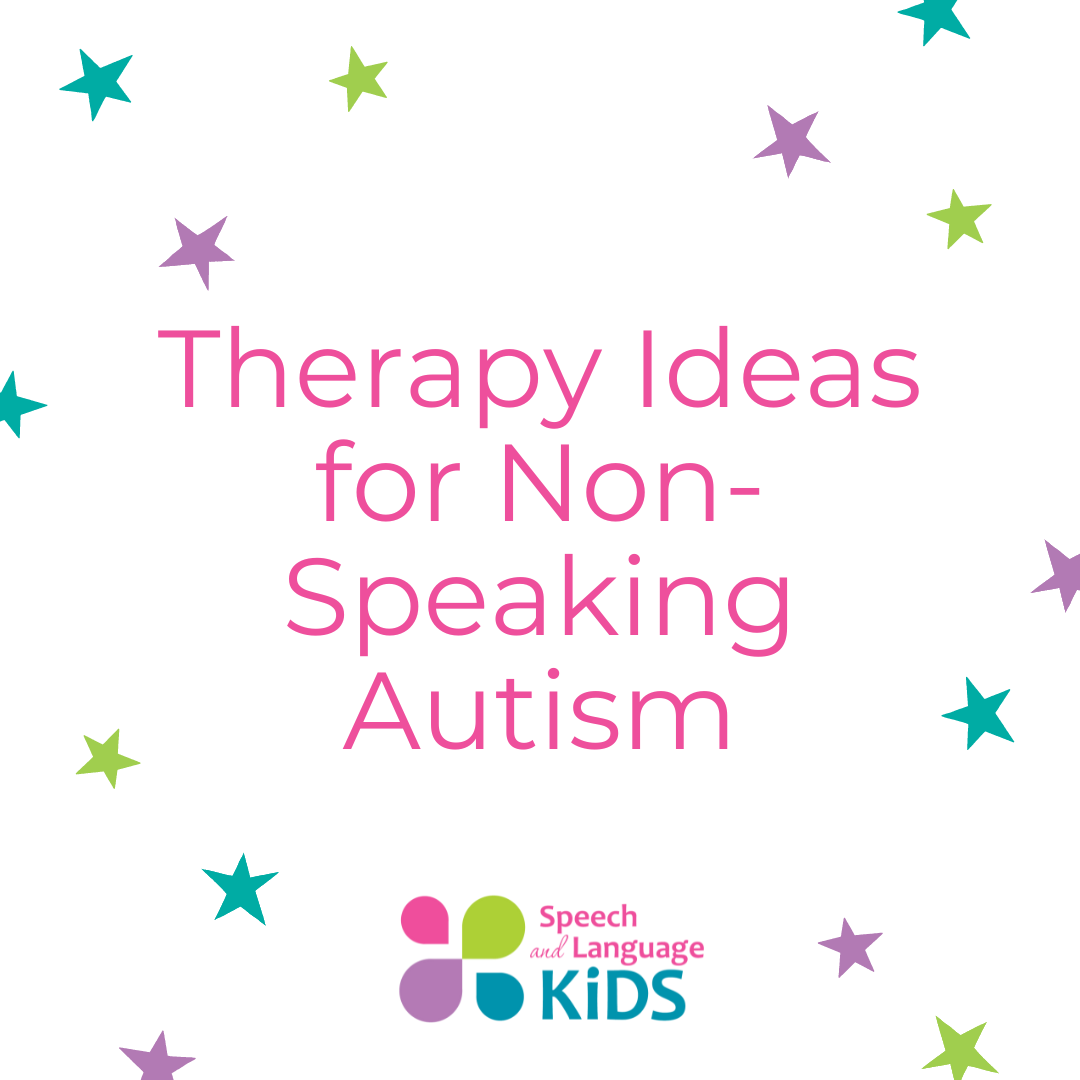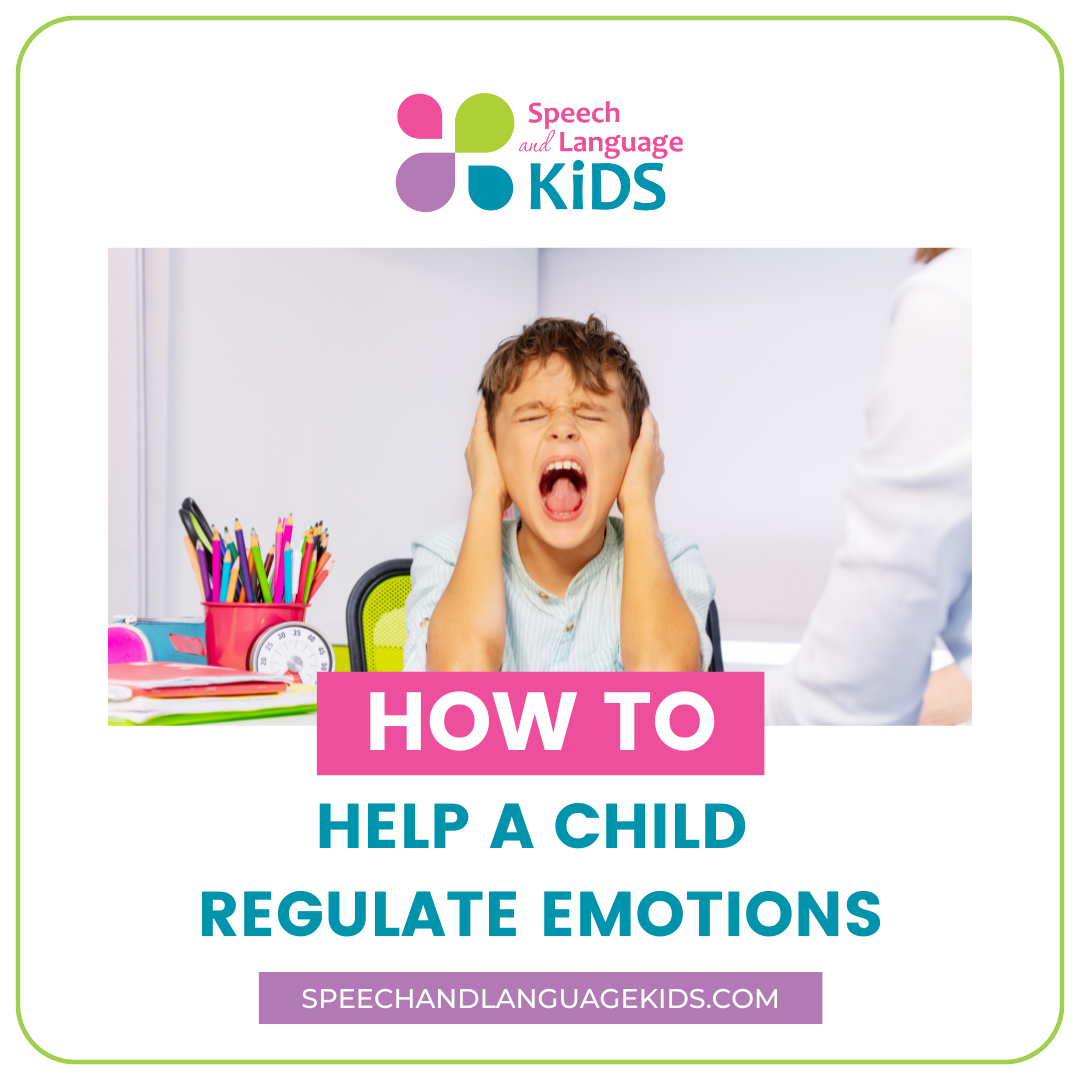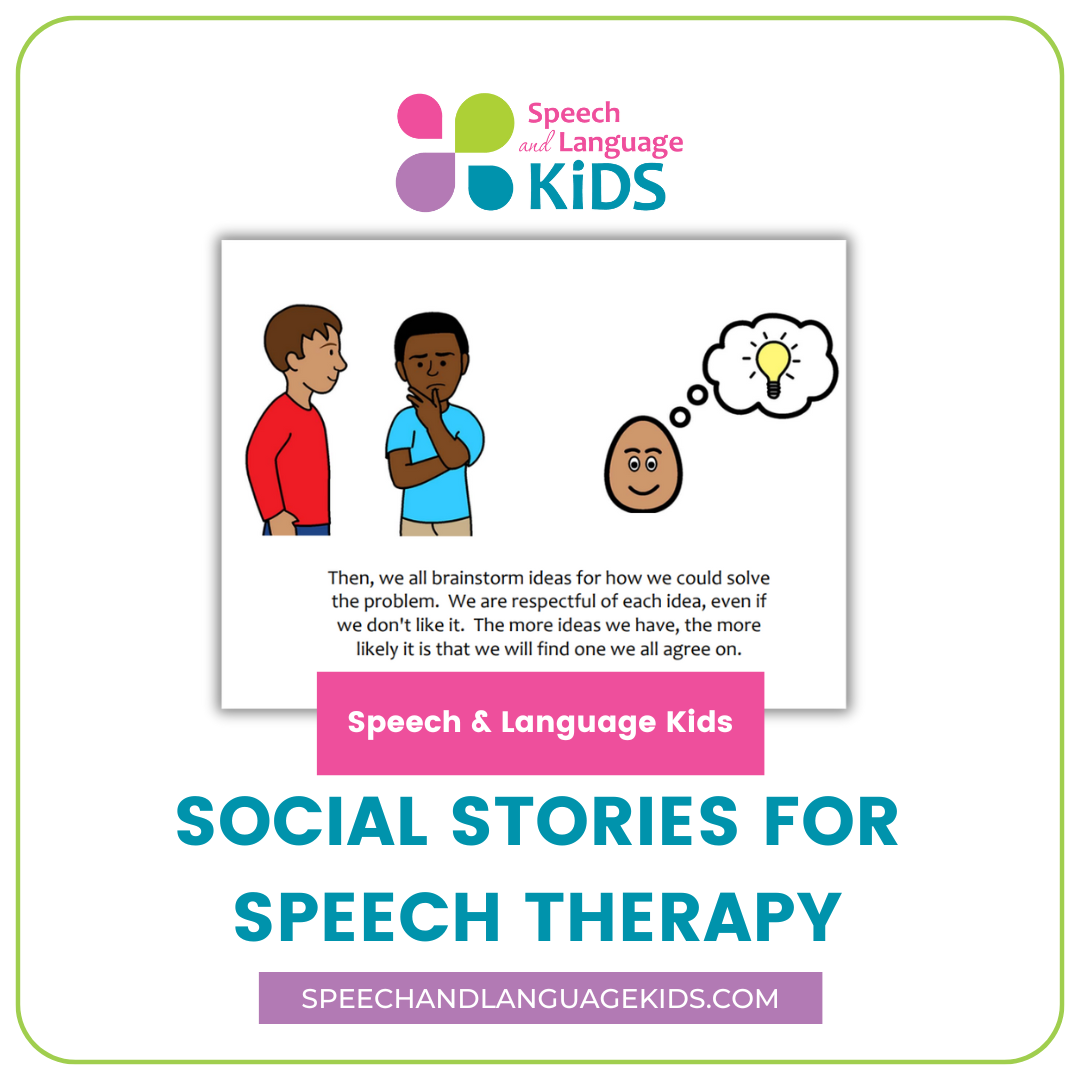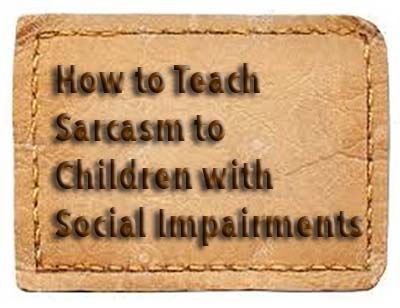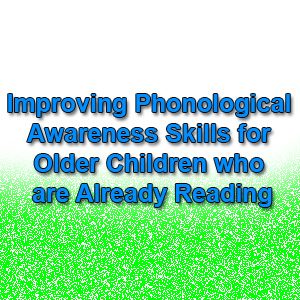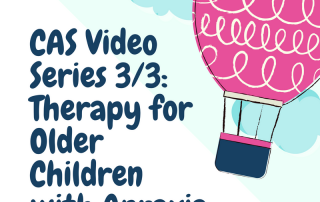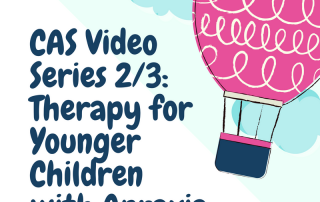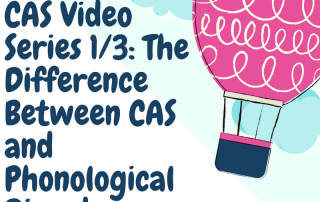Topic:
Resource Type:
Results:
Using Motor Learning Theory to Treat Apraxia
Ok, you've heard about "motor learning theory" and that it can be incredibly helpful for children with childhood apraxia of speech. But what does that even mean? In this video, speech-language pathologist Carrie Clark will break down how motor learning theory plays into what we do in speech therapy for
Apraxia Apps: for Childhood Apraxia of Speech
Apps and technology can be a great tool for children with Childhood Apraxia of Speech. In this video, Carrie Clark shows some excellent apraxia apps for use with children who have Childhood Apraxia of Speech (CAS). Watch the video above to find out about some great
Group Speech Therapy Activities for Autism: Classroom Ideas
Group Speech Therapy Ideas for Children with Autism: Often, autistic children with significant communication needs are grouped together so they can benefit from a modified classroom and extra supports. We can support these learners in our speech therapy sessions as well as in the classroom by running activities
Teaching a Child with Autism to Respond to Questions
Helping Autistic Children Respond to Questions: There are many times throughout the day that we ask other people questions and need to respond to other people's questions. However, autistic children who are just learning to communicate with those around them may struggle with this skill. They may be
Speech Therapy Ideas for Nonverbal/Nonspeakin Autism
Speech Therapy Ideas for Non-Speaking Autistic Children: It's not always easy to know why a child is not yet speaking. Some children may be late talkers and may catch up on their own without help. Others may struggle to speak for a long time. Fortunately, we don't have to know
How to Help a Child Regulate their Emotions: Speech Therapy Ideas
How to Help a Child Regulate their Emotions: Speech Therapy Ideas It's no secret that children feel a lot of big feelings. Our children with emotional regulation issues (such as those with autism, ADHD, anxiety, anger issues, etc.) may feel those feelings even more intensely than other children.
Social Stories for Speech Therapy: Examples and How to Use
Social Stories for Speech Therapy: Examples and How to Use Social stories are simple stories that explain to a child how something should be. These are a handy and versatile tool that we can use in speech/language therapy and also at home as parents. They can walk a
How to Teach Sarcasm to Children with Social Impairments
Speech-Language Pathologist Carrie Clark shows you the best resource for teaching children with social impairments how to understand and use sarcasm: Source: http://www.basicsabatherapy.com/BASICS-Blog.html?entry=teaching-sarcasm More Resources for Speech-Language Pathologists: Looking for more therapy ideas and resources to help you provide the BEST services to your clients?
Improving Phonological Awareness Skills for Older Children who are Already Reading
Find out how you can work on phonological awareness skills with older children to improve their literacy skills even if they're already starting to read some words or even books! Notes: Work on the same phonological awareness skills you would for your younger students –http://www.speechandlanguagekids.com/ultimate-guide-phonological-awareness-pre-reading-skills/ Start
Online Reading Materials for Story Recall and Other Literacy Activities
Let me show you the best resources for finding online reading materials that you can use for story recall or other literacy activities during speech therapy! Notes: www.BookSource.com Lists of books that support various common core curriculum areas Can buy the books through the website or
How to Teach Prefixes to Improve Decoding Unknown Words when Reading
Learn how to teach a child prefixes so they can use them to decode unknown words when reading: Notes: For Production (Spoken or Written) Collect a writing sample or spoken language sample and check off which common prefixes the child uses spontaneously and correctly (http://teacher.scholastic.com/reading/bestpractices/vocabulary/pdf/prefixes_suffixes.pdf) Choose
10 Tips for Making the Best Use of your Planning Time as a Speech Therapist
The following video comes from my membership site, The Speech Therapy Solution. Each week day, I answer one question from a speech therapist with a short training video. I hope you enjoy today's video! For more great videos or to get your questions answered, come join us in The
How to Help Parents Understand the Importance of Speech Therapy and How to Help at Home
The following video comes from my membership site, The Speech Therapy Solution. Each week day, I answer one question from a speech therapist with a short training video. I hope you enjoy today's video! For more great videos or to get your questions answered, come join us in The
How to Take Data During Push-In Speech Therapy
The following video comes from my membership site, The Speech Therapy Solution. Each week day, I answer one question from a speech therapist with a short training video. I hope you enjoy today's video! For more great videos or to get your questions answered, come join us in The
Working Smarter to Help Children with Speech and Language Skills
Learn how to reduce burn-out and stress whether you're a speech therapist or a parent of a child with speech and language delays. (Episode 55 of the Speech and Language Kids Podcast) Manage Your Time Parents: Break practice sessions up into small chunks. 5 minutes in the morning
9 Tips for Fighting Burnout for Speech-Language Pathologists
Why did you get into speech therapy in the first place? Was it for the money? I doubt that. Was it for the fame? Yeah…right… No, I’m going to go out on a limb here and say that it was probably because you love helping people. You love that
Hide the Penny Game for Phonological Therapy
How to Use for Phonological Therapy: This fun game can be used for phonological therapy to eliminate phonological processes like Final Consonant Deletion. You can use this game to work on auditory discrimination or spoken production at the single word level. I also show you how to adapt this
CAS Video Series 3/3: Therapy for Older Children with Apraxia
This is the third video in a 3-part series about Childhood Apraxia of Speech. If you found this video by mistake and you aren't signed up to receive the other two videos by email, click here to make sure you don't miss out! How to do Therapy for Older Children with Apraxia:
CAS Video Series 2/3: Therapy for Younger Children with Apraxia
This is the second video in a 3-part series about Childhood Apraxia of Speech. If you found this video by mistake and you aren't signed up to receive the other two videos by email, click here to make sure you don't miss out! How to do Therapy for Younger Children with
CAS Video Series 1/3: The Difference Between CAS and Phonological Disorder
This is the first video in a 3-part series about Childhood Apraxia of Speech. If you found this video by mistake and you aren't signed up to receive the other two videos by email, click here to make sure you don't miss out! The Difference Between CAS and Phonological Disorder:

